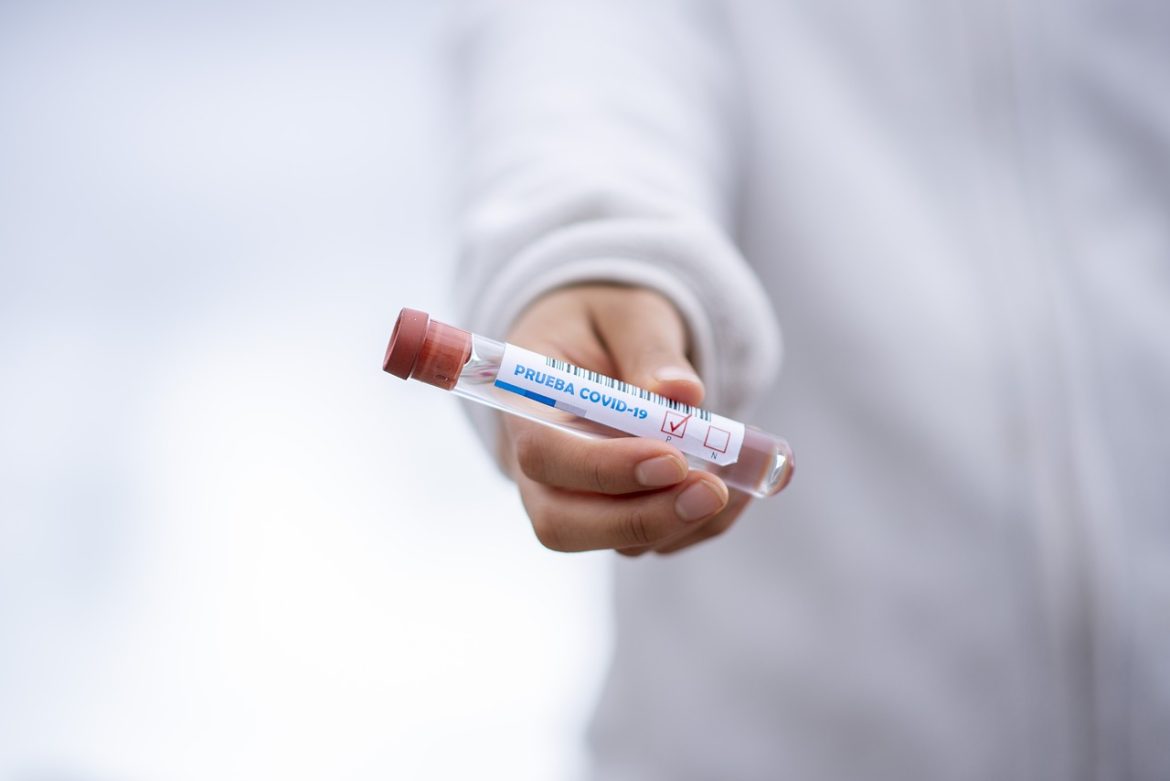In a significant move that has sparked controversy, Texas Congressman Chip Roy has introduced legislation that could strip COVID vaccine manufacturers of their immunity from lawsuits. The proposed bill aims to empower individuals who believe they have experienced adverse health effects from the COVID vaccine to take legal action against the manufacturers. This article delves into the details of Congressman Roy’s proposal, the scientific context surrounding COVID vaccine risks, and the broader implications of potential legal challenges.
Congressman Chip Roy has put forward legislation challenging the legal immunity currently afforded to COVID vaccine manufacturers. The bill would allow individuals who received the COVID shot and believe they suffered negative health effects to sue the vaccine manufacturer. This move comes amidst claims by Congressman Roy, unsupported by scientific evidence, that “large swaths” of the American population have been adversely affected by COVID vaccines.
Contrary to the assertions made by Congressman Roy, recent scientific studies provide a nuanced perspective on the safety of COVID vaccines. A study published in the journal Vaccine last month revealed that instances of neurological, blood, and heart-related conditions following vaccination are extremely rare. The data indicated one case of acute inflammation of the brain and spine per 1.75 million vaccinations. The study’s authors emphasized that the benefits of COVID vaccines far outweigh the minimal risks identified.
While Congressman Roy’s proposed legislation appears to be grounded in concerns over vaccine safety, the scientific community emphasizes the rarity of adverse effects. The debate over potential risks associated with COVID vaccines has become a contentious issue, with proponents highlighting the overwhelming evidence supporting the vaccines’ safety and efficacy. Skepticism, however, persists, as some individuals remain cautious about the long-term impact of the vaccines.
The introduction of legislation challenging vaccine manufacturer immunity raises questions about its potential impact on public health initiatives. Critics argue that such measures could undermine vaccination efforts and erode public trust in the safety of COVID vaccines. The proposed bill has ignited a broader discussion about the balance between individual rights and the collective goal of achieving widespread immunity through vaccination.
Congressman Chip Roy’s legislative proposal to end immunity for COVID vaccine manufacturers adds a new layer to the ongoing discourse surrounding vaccine safety. As the scientific community continues to assert the overall safety and efficacy of COVID vaccines, debates within the political sphere and public discourse persist. The potential consequences of such legislation, both for individual rights and public health initiatives, will be closely monitored as the proposal makes its way through the legislative process.



